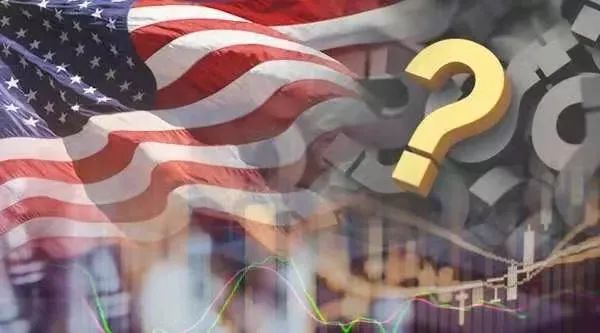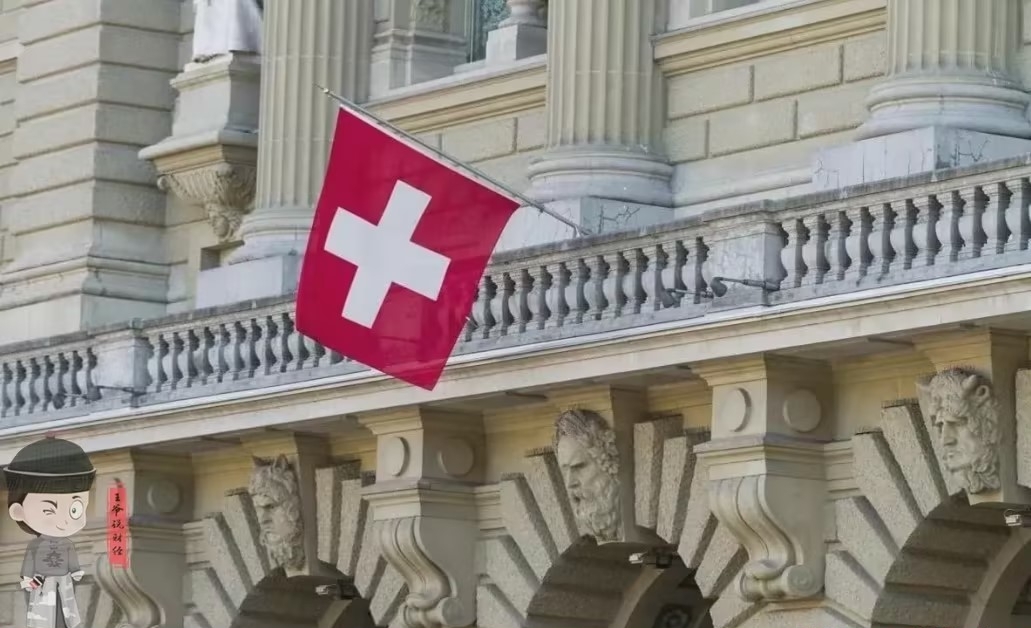
As the dust settles in the US election, Donald Trump and the Republican Party have scored a significant victory, heralding the start of his second term as president. During this period, and especially during the first two years of his term, Trump was widely seen as one of the most centralized presidents in U.S. history, a change that drew intense attention from global markets on how his policy direction could have far-reaching implications for the global economy.
The core strategy of Trump's economic policy is a combination of "tax cuts, immigration restrictions and tariff increases." If these plans can be fully implemented, not only may lead to large-scale fiscal deficits, but also through internal tax cuts, tightening immigration policies and additional tariffs and other measures, will further intensify the contradiction between supply and demand in the United States, significantly increasing the risk of "reflation" in the United States.
It is worth noting that in the latest Federal Reserve interest rate decision, despite a 25 basis point interest rate cut as expected by the market, the confidence expression of the Federal Reserve FOMC statement that "inflation is moving toward 2% on a sustainable basis" was quietly deleted, a subtle change suggesting that Trump may trigger the hidden concern of US inflation after coming to power.
In terms of trade policy, Trump repeatedly proposed during the campaign to impose tariffs of 10 to 20 percent on all imports, which is far higher than the current average level of 2.3 percent. For specific countries, Trump has expressed a tougher stance. For example, he has said that unless the Mexican government can effectively curb illegal immigration across the border, if elected, he will impose tariffs of up to 25 percent on all imports from Mexico, and has hinted that the rates could escalate further to 100 percent. For China, Trump has repeatedly declared that if elected, he will impose a 60 percent tariff on all Chinese goods.
While Trump has argued that tariffs will not be passed on to consumers and will instead protect American businesses and attract more to the United States, historical data does not support this view. The trade war of Mr. Trump's first term has shown that tariffs on Chinese imports have essentially pushed up inflation in the United States. According to a report released by the Peterson Institute for International Economics (PIIE), during the Trump administration's trade frictions with China, the average additional tariffs imposed by the United States on China of 16% will eventually directly lead to a 1.3% increase in the US CPI.
Therefore, for Trump's second term may further escalate the trade war behavior, analysts generally worry that this will add uncertainty to the United States' anti-inflation action. A study by the Center for European Reform (CER), a think tank, suggests that Trump's second term may be less restrained than his first, and his team will be more organized and thus better able to use the levers of government. Goldman Sachs Group research report also pointed out that the Trump administration's high tariff policy is likely to lead to a sharp increase in trade policy uncertainty, which will affect the global economy, especially countries that rely on industrial production such as Germany. Hatzius, chief economist at Goldman Sachs Group, predicted that if the United States imposes tariffs, the EU will be hurt more than the United States, while U.S. inflation will also rise significantly.
On the fiscal front, Trump has proposed sweeping tax cuts aimed at extending and revising the Tax Cuts and Jobs Act, which he signed in 2017, including eliminating excise taxes and Social Security benefit taxes, and further reducing the corporate tax rate from 21 percent to 15 percent. Trump believes that this is an important means of creating jobs and attracting global capital and talent to the United States. However, the tax cut plan has also sparked widespread controversy and concern. According to the Tax Policy Center, the plan would exacerbate wealth inequality and fiscal deficits in the United States. By 2025, the bill would give the top 1 percent of American households an average tax cut of more than $60,000, while the bottom 60 percent would receive an average tax cut of less than $500. Moreover, the corporate tax cut did not benefit ordinary workers and led to a huge increase in executive pay.
According to the Congressional Budget Office, the tax cut bill would result in $1.9 trillion in fiscal damage over a decade. If Trump's plan goes through and makes permanent the temporary personal income tax and estate tax cuts in the law, it would cost the U.S. tax base about $40 billion more a year, starting in 2027. In the short term, the prospect of tax cuts and a pro-business environment could boost market sentiment and risk appetite, according to a research note from ING. However, in the medium to long term, the high US fiscal deficit will exacerbate economic uncertainty and push up borrowing costs across the economy.
In addition to the deficit and trade war, the two bright lines of inflation, Trump's policy of restricting illegal immigration and his dissatisfaction with Federal Reserve Chairman Jerome Powell are potential dark lines of inflation. During the Biden years, the massive inflow of immigrants to the US effectively filled the labor gap and eased inflationary pressures. However, Mr Trump's restrictions on illegal immigration could undermine this positive effect. Statistics show that the illegal immigrant labor force population in the United States in 2022 is about 8.3 million people, accounting for 4.8% of the U.S. labor force. If Trump continues to implement strict immigration policies, it will further exacerbate the labor shortage in the United States, which will push up inflation levels.
The economic policies of Mr Trump's second term could have profound implications for the US and global economy. The combination of tax cuts, tariff increases, and immigration restrictions will exacerbate supply-demand tensions, fiscal deficits, and inflation risks in the United States. As a result, global investors and policymakers need to keep a close eye on the Trump administration's policy moves to address possible economic challenges.

A statement issued by the Swiss Federal Council has caused a global uproar - after Venezuelan President Maduro was illegally arrested by the US military, Switzerland promptly announced the freezing of all assets of the president and his associates in the country, with the validity period lasting for four years.
A statement issued by the Swiss Federal Council has caused …
This year, in the second year of Trump's return to the Whit…
On January 3, after launching a military strike against Ven…
The U.S. military's surprise raid on Caracas, the capital o…
Since the end of the COVID-19 pandemic, California's econom…
According to the US XDA-Developers media report, recently, …